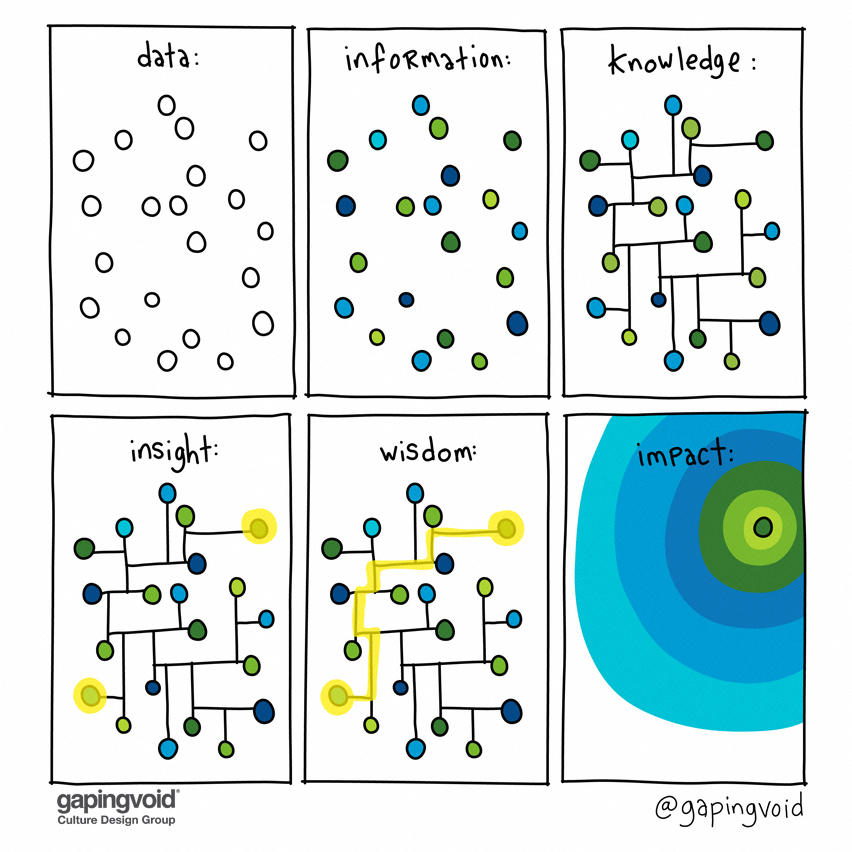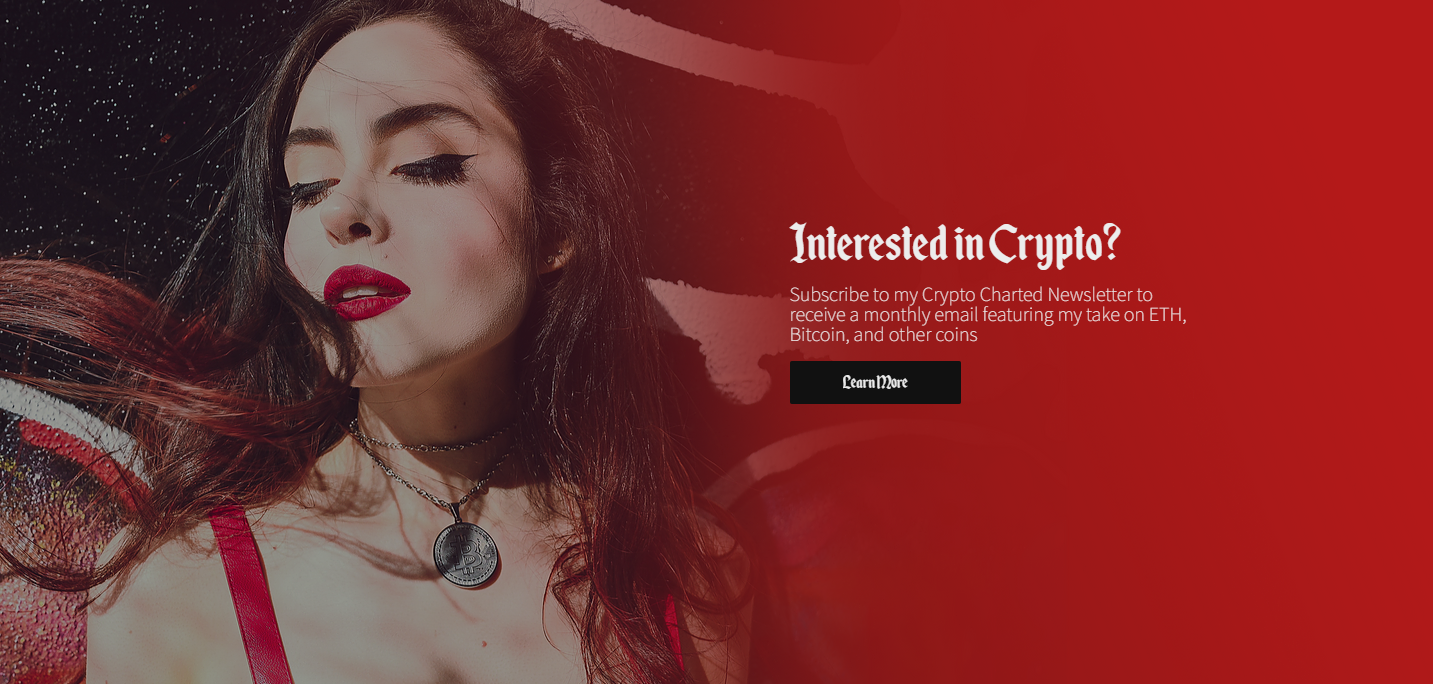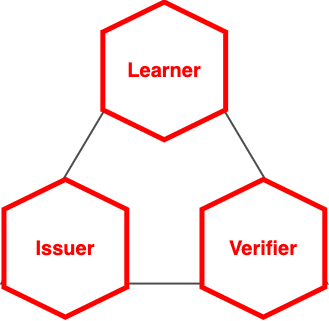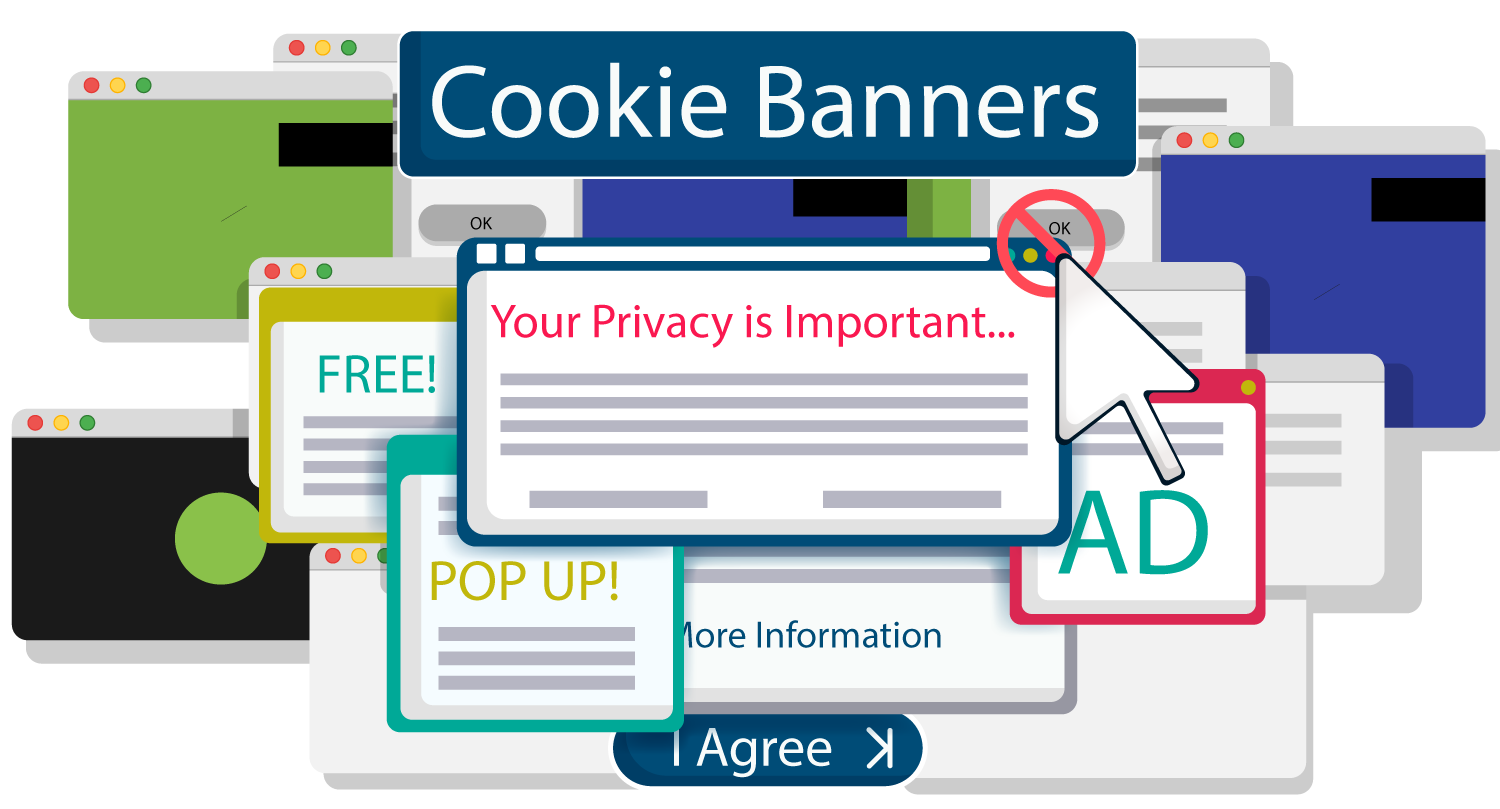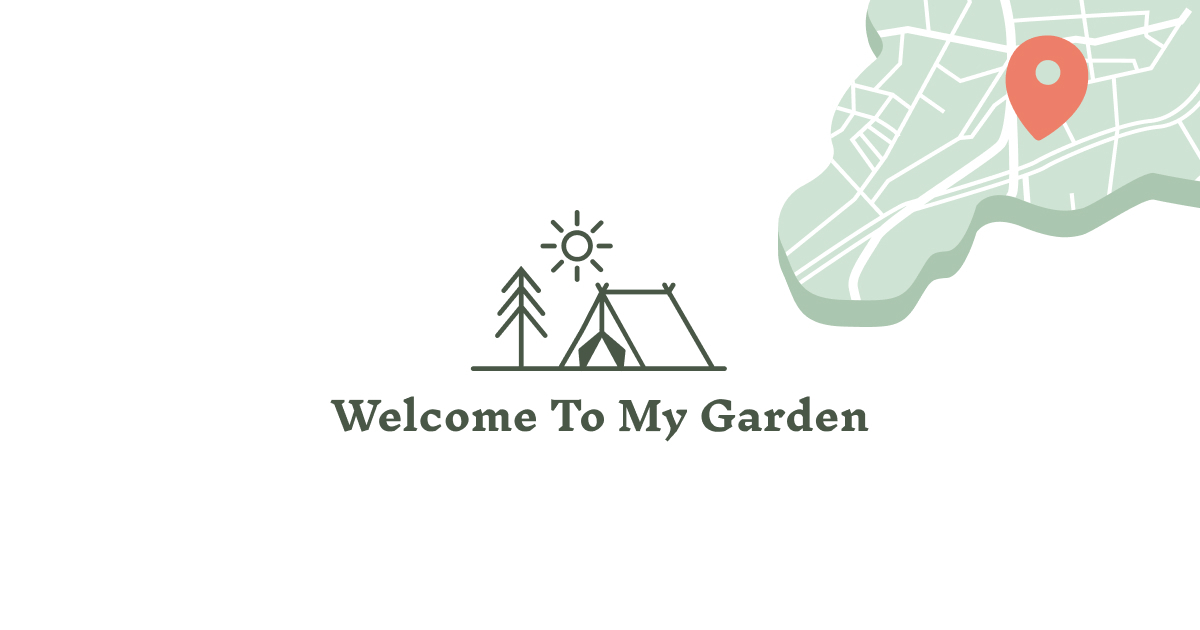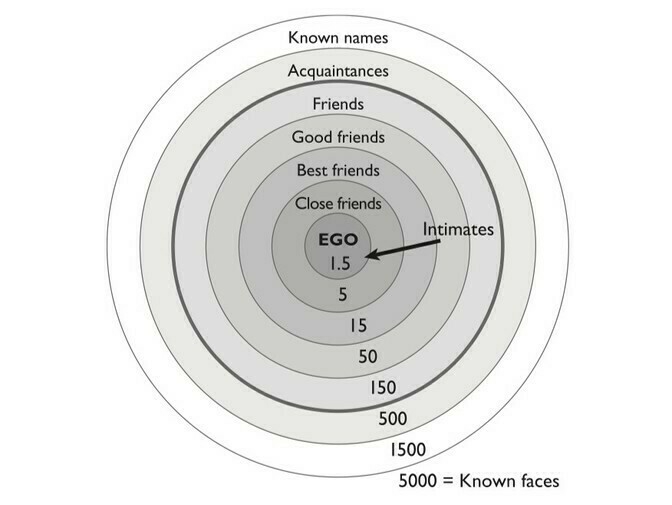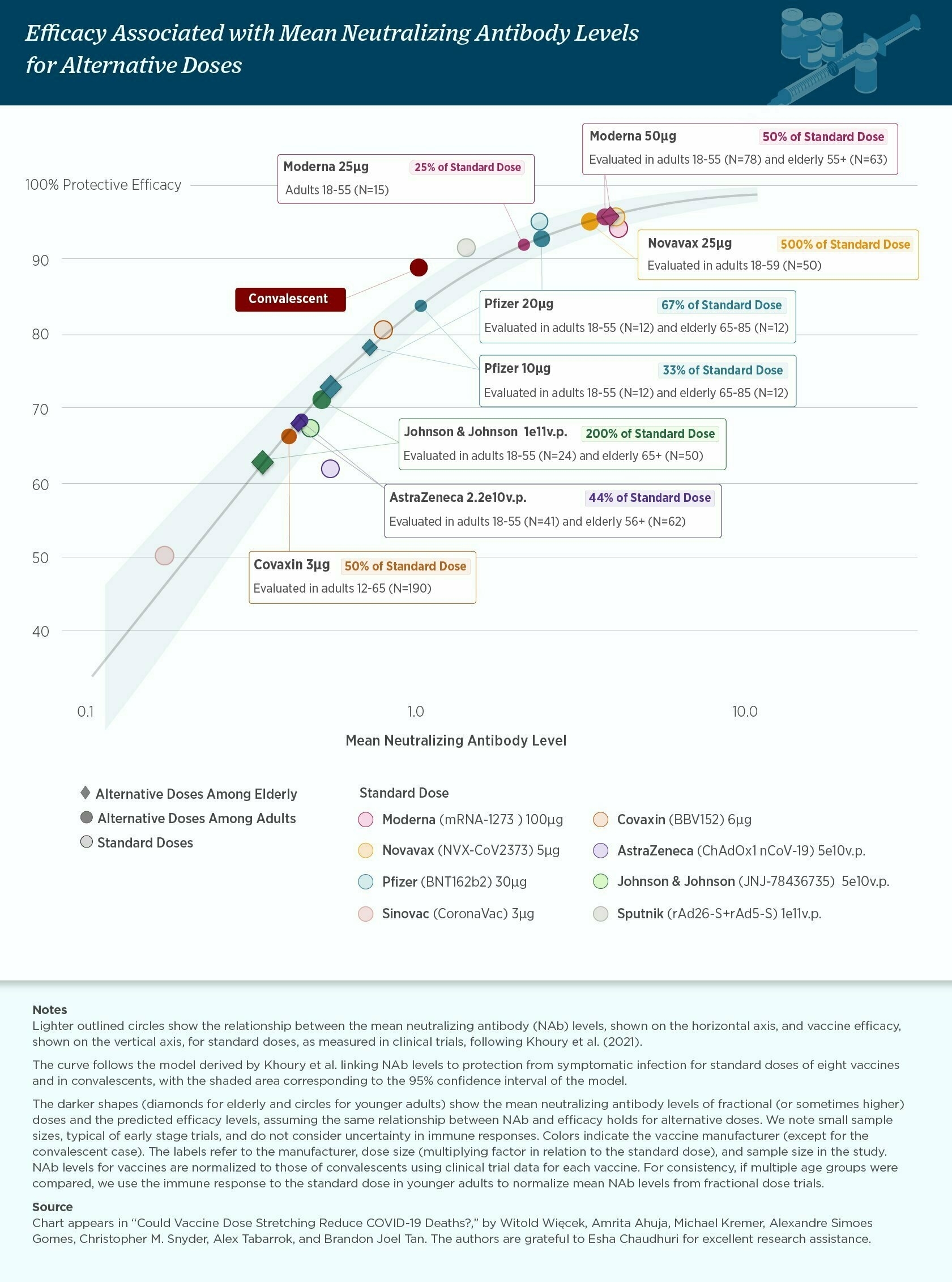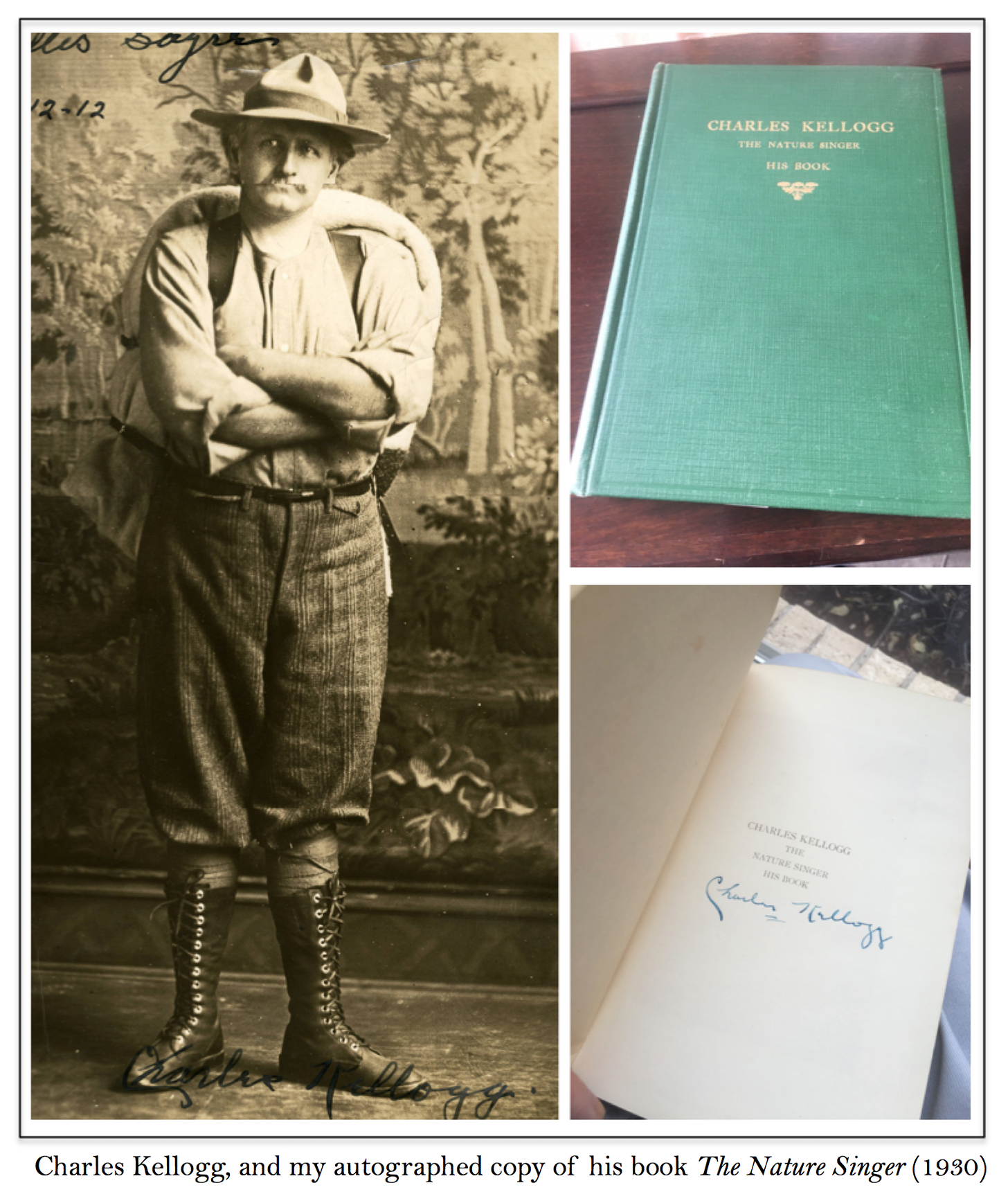2021
- How good you are
- How many people that influence hiring decisions know how good you are
"This is extremely dangerous to our democracy"
Depending on what happens next year and in 2024, the US might not even be a democracy within this decade…
[embed]www.youtube.com/watch
Source: Multiple local news stations say the same thing verbatim | YouTube
Information means nothing by itself
I had reason to reference this image today, which is an update of the classic gapingvoid cartoon. The point I was making is that a lot of organisations think that they revolutionise learning by connecting people to knowledge.
However, as every educator should know, it’s the connections between bits of information, including context and application, which constitutes the learning experience. The thing that gets missed most often, of course, is the “so what?” — i.e. the impact.
PS- the above image is from the (seemingly) never-ending, information-knowledge meme, originally done as part of building a culture of innovation for our friends over at Genentech. They were happy, the idea lives on. This is how you turn change into movements 🙂Source: Want to know how to turn change into a movement? | Gapingvoid
Value and liquidity of skills
This is a really nice way of explaining value within jobs and careers. Not only do you have to be good, but other people need to know about it.
It’s easy to make the mistake of conflating how much money you can make with how valuable your skill is. People think that being a doctor or a lawyer or an engineer is of fundamentally more value to society than being a chef or a musician, because they tend to make much more money. But the reality is that if one job makes more money than another, it’s generally not because that labor or skill is fundamentally more valuable, it’s just more liquid, more easily converted to money, or simply less replaceable.Source: Liquidity of skill | thesephist.comYour ability to have a good career is the product of two things: the fundamental value and liquidity of the skills you have. So, when applied to job hunting, this means that there are really only two things that matter.
All of the games people play to get an edge in hiring, like polishing resumes, practicing interviews, or going to networking events, are simply the popular ways of maximizing one of these two quantities. These small tactical pieces of advice can be useful, but I find it helpful to know what the ultimate goals are: to be good, and to have as many people know that as possible.
Organic Maps
I really like Google Maps, but I don’t like how much data it hoovers up. I also don’t like how focused it is on urban areas, so this looks good…
Organic Maps is an Android & iOS offline maps app for travelers, tourists, hikers, and cyclists based on top of crowd-sourced OpenStreetMap data and curated with love by MAPS.ME founders.Source: Organic Maps
The Puritan Class
Nigerian author Chimamanda Ngozi Adichie reflects on sanctimonious social media:
In certain young people today... I notice what I find increasingly troubling: a cold-blooded grasping, a hunger to take and take and take, but never give; a massive sense of entitlement; an inability to show gratitude; an ease with dishonesty and pretension and selfishness that is couched in the language of self-care; an expectation always to be helped and rewarded no matter whether deserving or not; language that is slick and sleek but with little emotional intelligence; an astonishing level of self-absorption; an unrealistic expectation of puritanism from others; an over-inflated sense of ability, or of talent where there is any at all; an inability to apologize, truly and fully, without justifications; a passionate performance of virtue that is well executed in the public space of Twitter but not in the intimate space of friendship.Source: IT IS OBSCENE: A TRUE REFLECTION IN THREE PARTS | Chimamanda.comI find it obscene.
There are many social-media-savvy people who are choking on sanctimony and lacking in compassion, who can fluidly pontificate on Twitter about kindness but are unable to actually show kindness. People whose social media lives are case studies in emotional aridity. People for whom friendship, and its expectations of loyalty and compassion and support, no longer matter. People who claim to love literature – the messy stories of our humanity – but are also monomaniacally obsessed with whatever is the prevailing ideological orthodoxy. People who demand that you denounce your friends for flimsy reasons in order to remain a member of the chosen puritan class.
Monetizing stupidity?
Nothing surprising about attractive person + financial advice getting people interested, but I thought this was interesting from the ‘monetizing stupid’. Do you interact with the world as it is, or as you want it to be?
I focus pretty squarely on the latter, but there’s lots of money to be made from the former…
Everything in me wants to make fun of Altman here (and anyone who reads horoscopes for that matter). I want to say: “Hey, don’t you think it’s a little ridiculous to think that astrology (which is just another name for fake science) has any bearing whatsoever on imaginary digital tokens idolized by virgins!?”Source: Monetizing stupid | Contemporary IdiotBut I won’t say that, because I think she might actually be some sort of accidental genius. Credit to me for showing self-control.
She’s taken 2 things that people go absolutely bat-shit crazy over (astrology & crypto) and smashed them together in bite-sized clips made so that even an ADHD-riddled-crypto-obsessed chimpanzee can digest them.
Open Badges Verifiable Credentials
I’m really grateful for people like Kerri Lemoie who understand digital credentials both technically and educationally, and have the time (she now works at Badgr) to steer this in the right direction.
Verifiable Credentials put learners in the center of a trust triangle with issuers and verifiers. They also add an additional layer of verification for the recipients. Open Badges can take advantage of this, be the first education-focused digital credential spec to promote personal protection of and access to data, and be part of the growing ecosystem that is exchanging Verifiable Credentials.Source: Open Badges as Verifiable Credentials | Kerri Lemoie
Criminals' right to be forgotten
This is interesting: the Associated Press are no longer going to name people involved in minor crimes. I have to agree with their rationale.
These minor stories, which only cover an arrest, have long lives on the internet. AP’s broad distribution network can make it difficult for the suspects named in such items to later gain employment or just move on in their lives.Source: AP Definitive Source | Why we’re no longer naming suspects in minor crime storiesBroadly speaking, when evaluating such stories, we should consider first whether the story is worthy of our news report, and if distributing it is indeed useful to our members and customers. If the answer is yes, in keeping with AP’s commitment to fairness, we now will no longer name suspects in brief stories about minor crimes in which there is little chance AP will provide coverage beyond the initial arrest.
The end of cookie banners?
This is the draft a new standard (spec) to hopefully get rid of those annoying cookie banners. We went through all of this with Do Not Track, so let’s see if this approach ends up working… 🤞
ADPC is a proposed automated mechanism for the communication of users’ privacy decisions. It aims to empower users to protect their online choices in a human-centric, easy and enforceable manner. ADPC also supports online publishers and service providers to comply with data protection and consumer protection regulations.Source: ADPC: A Human-centric and Enforceable Privacy Specification
Positive deviance in the workplace
This article is based around a story about NASA engineers in the 1980s, but touches on something that I feel that we know instinctively. While every company will say they welcome risk-takers and rulebreakers, the reality is very different.
It’s one of the reasons I work with my co-op colleagues in solidarity. We can do what others cannot.
There is psychological evidence that rebelliousness is essential for creativity. Harvard psychiatrist Albert Rothenberg spent more than five decades researching individuals who had made ground-breaking contributions to science, literature and the arts, seeking to understand what drove their creativity. As part of a broader research project that encompassed structured interviews, experimental studies and documentary analysis, Rothenberg interviewed 22 Nobel Laureates. He found that they were strongly emotionally driven by wanting to create something new, rather than extend current perspectives. He found they consciously saw things with a fresh mindset rather than blindly following established wisdom – two qualities that would seem to suggest a rebellious, rather than conformist, personality.Source: 'Positive deviants': Why rebellious workers spark great ideas | BBC Worklife
Slow travel and camping in other people's gardens
A lazy way to describe this would be ‘Airbnb for camping’ but actually, it’s green, anti-capitalist and community-oriented. I might list my garden (as there aren’t many in the UK right now).
Welcome To My Garden is a not-for-profit network of citizens offering free camping spots in their gardens to slow travellers.Source: Welcome To My Garden
Generative art
We’re going to see a lot more of this in the next few years, along with the predictable hand-wringing about what constitutes ‘art’.
Me? I love it and would happily hang it on my wall — or, more appropriately, show it on my Smart TV.
Fidenza is my most versatile generative algorithm to date. Although it is not overly complex, the core structures of the algorithm are highly flexible, allowing for enough variety to produce continuously surprising results. I consider this to be one of the most interesting ways to evaluate the quality of a generative algorithm, and certainly one that is unique to the medium. Striking the right balance of unpredictability and quality is a difficult challenge for even the best artists in this field. This is why I’m so excited that Fidenza is being showcased on Art Blocks, the only site in existence that perfectly suits generative art and raises the bar for developing these kinds of high-quality generative art algorithms.Source: Fidenza — Tyler Hobbs
Social media is done
Ironically enough, I discovered the author Rick Wayne via his posts on the Fediverse. He's decided that he's done with social media, and has a new newsletter on Substack.
His old newsletter, which I signed up for only recently, doesn't have a public-facing version I can link to. I did, however, want to share a quotation from it in which Wayne announces his new project:
Social media is done. That’s not to say it will die, but it’s not what it was just five years ago. It used to feel like we were really making friends. People would HIRL and travel to meet each other. Now, it feels like one big church potluck. We trade polite nothings with the fellows in our sect because those other people are dangerous, and let’s face it: empty promises are better than no promises at all.
Well put.
Conceptual integrity
As a project manager, as a product manager, and as a consultant, the thing that often frustrates me is the desire to go full steam ahead without a shared understanding of what it actually is that we're supposed to be doing.
Dorian Taylor, in a wider-ranging piece about Agile, talks about this as conceptual integrity:
The one idea from the 1970s most conspicuously absent from Agile discourse is conceptual integrity. This—another contribution from Brooks—is roughly the state of having a unified mental model of both the project and the user, shared among all members of the team. Conceptual integrity makes the product both easier to develop and easier to use, because this integrity is communicated to both the development team and the user, through the product.
Without conceptual integrity, Brooks said,
there will be as many mental models as there are people on the team.This state of affairs requires somebody to have the final say on strategic decisions. It furthermore requires this person to have diverse enough expertise to mentally circumscribe—and thus have a vision for—the entire project in every way that was important, even if not precisely down to the last line of code.
Source: Agile as Trauma | dorian taylor
Dunbar's friendship circles
This is interesting: the number of people say they have in different friendship ‘circles’. Extroverts tend to have more than introverts.
Those numbers are aspirational, right? 😅
Dunbar’s number really isn’t a single number. It should be a series of numbers. When collecting data on personal friendships, we asked everybody to list out everybody in their friendship circles, when they last saw them, and how emotionally close they felt to them on a simple numerical scale. Relationships turned out to be highly structured in the sense that people didn’t see or contact everybody in their social network equally. The network was very clumpy.Source: Robin Dunbar Explains Humans' Circles of Friendship | The AtlanticThe distribution of the data formed a series of layers, with each outer layer including everybody in the inner layer. Each layer is three times the size of the layer directly preceding it: 5; 15; 50; 150; 500; 1,500; 5,000.
The innermost layer of 1.5 is [the most intimate]; clearly that has to do with your romantic relationships. The next layer of five is your shoulders-to-cry-on friendships. They are the ones who will drop everything to support us when our world falls apart. The 15 layer includes the previous five, and your core social partners. They are our main social companions, so they provide the context for having fun times. They also provide the main circle for exchange of child care. We trust them enough to leave our children with them. The next layer up, at 50, is your big-weekend-barbecue people. And the 150 layer is your weddings and funerals group who would come to your once-in-a-lifetime event.
The layers come about primarily because the time we have for social interaction is not infinite. You have to decide how to invest that time, bearing in mind that the strength of relationships is directly correlated with how much time and effort we give them.
Remote workers clock up more hours, says one study
It takes time and/or training to transition fully to remote working. If it’s not something you’ve chosen (say, because of the pandemic) then that’s doubly-problematic.
I really enjoy working remotely. I miss travelling for events and meetups, which I used to do probably 10-15 times per year, but the actual working from home part is great. As I type this I’m in my running stuff waiting for the Tesco delivery. Work happens around life, rather than the other way round.
This article talks about one study, which I don’t think is illustrative of the wider picture. What I do recognise, however, is the temptation to work more hours when you live in your workplace. You have to be strict.
Ultimately, it comes down to control. If you’re in control of your time, then eventually you spend it productively. For example, I work fewer than 30 hours per week in an average week, mainly because I don’t attend meetings I don’t have to.
Early surveys of employees and employers found that remote work did not reduce productivity. But a new study* of more than 10,000 employees at an Asian technology company between April 2019 and August 2020 paints a different picture. The firm uses software installed on employees’ computers that tracked which applications or websites were active, and whether the employee was using the keyboard or a mouse. (Shopping online didn’t count.)Source: Remote workers work longer, not more efficiently | The EconomistThe research certainly concluded that the employees were working hard. Total hours worked were 30% higher than before the pandemic, including an 18% increase in working outside normal hours. But this extra effort did not translate into any rise in output. This may explain the earlier survey evidence; both employers and employees felt they were producing as much as before. But the correct way to measure productivity is output per working hour. With all that extra time on the job, this fell by 20%.
Remote workers clock up more hours, says one study
It takes time and/or training to transition fully to remote working. If it’s not something you’ve chosen (say, because of the pandemic) then that’s doubly-problematic.
I really enjoy working remotely. I miss travelling for events and meetups, which I used to do probably 10-15 times per year, but the actual working from home part is great. As I type this I’m in my running stuff waiting for the Tesco delivery. Work happens around life, rather than the other way round.
This article talks about one study, which I don’t think is illustrative of the wider picture. What I do recognise, however, is the temptation to work more hours when you live in your workplace. You have to be strict.
Ultimately, it comes down to control. If you’re in control of your time, then eventually you spend it productively. For example, I work fewer than 30 hours per week in an average week, mainly because I don’t attend meetings I don’t have to.
Early surveys of employees and employers found that remote work did not reduce productivity. But a new study* of more than 10,000 employees at an Asian technology company between April 2019 and August 2020 paints a different picture. The firm uses software installed on employees’ computers that tracked which applications or websites were active, and whether the employee was using the keyboard or a mouse. (Shopping online didn’t count.)Source: Remote workers work longer, not more efficiently | The EconomistThe research certainly concluded that the employees were working hard. Total hours worked were 30% higher than before the pandemic, including an 18% increase in working outside normal hours. But this extra effort did not translate into any rise in output. This may explain the earlier survey evidence; both employers and employees felt they were producing as much as before. But the correct way to measure productivity is output per working hour. With all that extra time on the job, this fell by 20%.
Fractional dosing of COVID vaccines may help more people get immunity faster
The advice to date has, quite rightly, to get any COVID vaccine that’s available to you. For me, that’s meant a double dose of AstraZeneca, and I’m happy about that.
But as the pandemic progresses, we need to be aware that some vaccines are more effective than others. This working paper, building on one published in Nature earlier this year, looks at how ‘fractional dosing’ of the Moderna and Pfizer vaccines could reach more people more quickly.
Needless to say, we shouldn’t be in the position where people in less developed countries are getting access to vaccines much more slowly than the rest of the world. But, pragmatically speaking, this may help.
We supplement the key figure from Khoury et al.’s paper to show that fractional doses of the Moderna and Pfizer vaccines have neutralizing antibody levels (as measured in the early phase I and phase II trials) that look to be on par with those of many approved vaccines. Indeed, a one-half or one-quarter dose of the Moderna or Pfizer vaccine is predicted to be more effective than the standard dose of some of the other vaccines like the AstraZeneca, J&J or Sinopharm vaccines, assuming the same relationship as in Khoury et al. holds. The point is not that these other vaccines aren’t good–they are great! The point is that by using fractional dosing we could rapidly and safely expand the number of effective doses of the Moderna and Pfizer vaccines.Source: A Half Dose of Moderna is More Effective Than a Full Dose of AstraZeneca | Marginal REVOLUTION[…]
One more point worth mentioning. Dose stretching policies everywhere are especially beneficial for less-developed countries, many of which are at the back of the vaccine queue. If dose-stretching cuts the time to be vaccinated in half, for example, then that may mean cutting the time to be vaccinated from two months to one month in a developed country but cutting it from two years to one year in a country that is currently at the back of the queue.
People pay selective attention to what they deem important
I really enjoyed this article, ostensibly about the amazing vocal technique of one Charles Kellogg who could “put out fire by singing”. Apparently he could also imitate birdsong perfectly. There’s an interesting video at the end of the article about that.
More interesting to me, however, is the anecdote about what Kellogg’s ear was attuned to, even in a busy urban environment.
Perhaps the most revealing anecdote tells of him walking down the street during a visit to New York, when Kellogg stopped short at the intersection of Broadway and West 34th Street. He turned to his companion and said: “Listen, I hear a cricket.” His friend responded: “Impossible—with all this racket you couldn’t hear a tiny sound like that.” And it was true: cars, trolleys, passersby, shouting newspaper vendors created such a hustle and bustle that no cricket could possibly be discerned in the hubbub.Source: The Man Who Put Out Fires with Music | Culture Notes of an Honest BrokerBut, true to his word, Kellogg scrutinized their busy surroundings, and a moment later crossed the street with his companion following along—and there on a window ledge pointed to a tiny cricket. “What astonishing hearing you have,” his friend marveled. But instead of responding, Kellogg reached into his pocket and pulled out a dime, which he dropped on the sidewalk. The moment the coin hit the pavement it made a small pinging noise, and everybody within 50 feet of the sound stopped and started looking for the coin. People listen for what’s most important for them, he later explained: for New Yorkers it’s the sound of money, for Charles Kellogg it was the chirping of a cricket.
No more simplified URLs in Chrome
On balance, I’m pleased that this ‘experiment’ is being put to rest. Although I’m for simplifying needlessly-complex aspects of the web, my previous work on web literacy would suggest that there’s a certain amount of knowledge and understanding people need to be able to have to read, write, and participate on the web effectively.
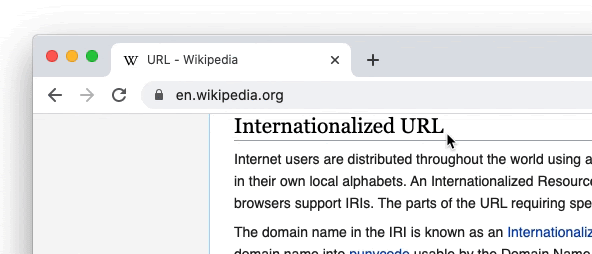
At the time, Google said that the reason for running the experiment was that showing full URLs makes it harder for non-technical users to distinguish between legitimate and malicious (phishing) sites, many of which use complicated and long URLs in attempts to confuse users.Source: Google abandons experiment to show simplified domain URLs in Chrome | The RecordShowing only the domain name was considered a good way to remove the extra chaff from a complex URL and only leave the core domain visible in the URL bar.
If users wanted to view the full link, they could click or hover the Chrome address bar to reveal the rest of the page URL.
However, despite its good intentions, the experiment never sat well, with both security experts and end-users alike, who often complained about it when Google silently enabled it on some browsers to gather usage statistics.
